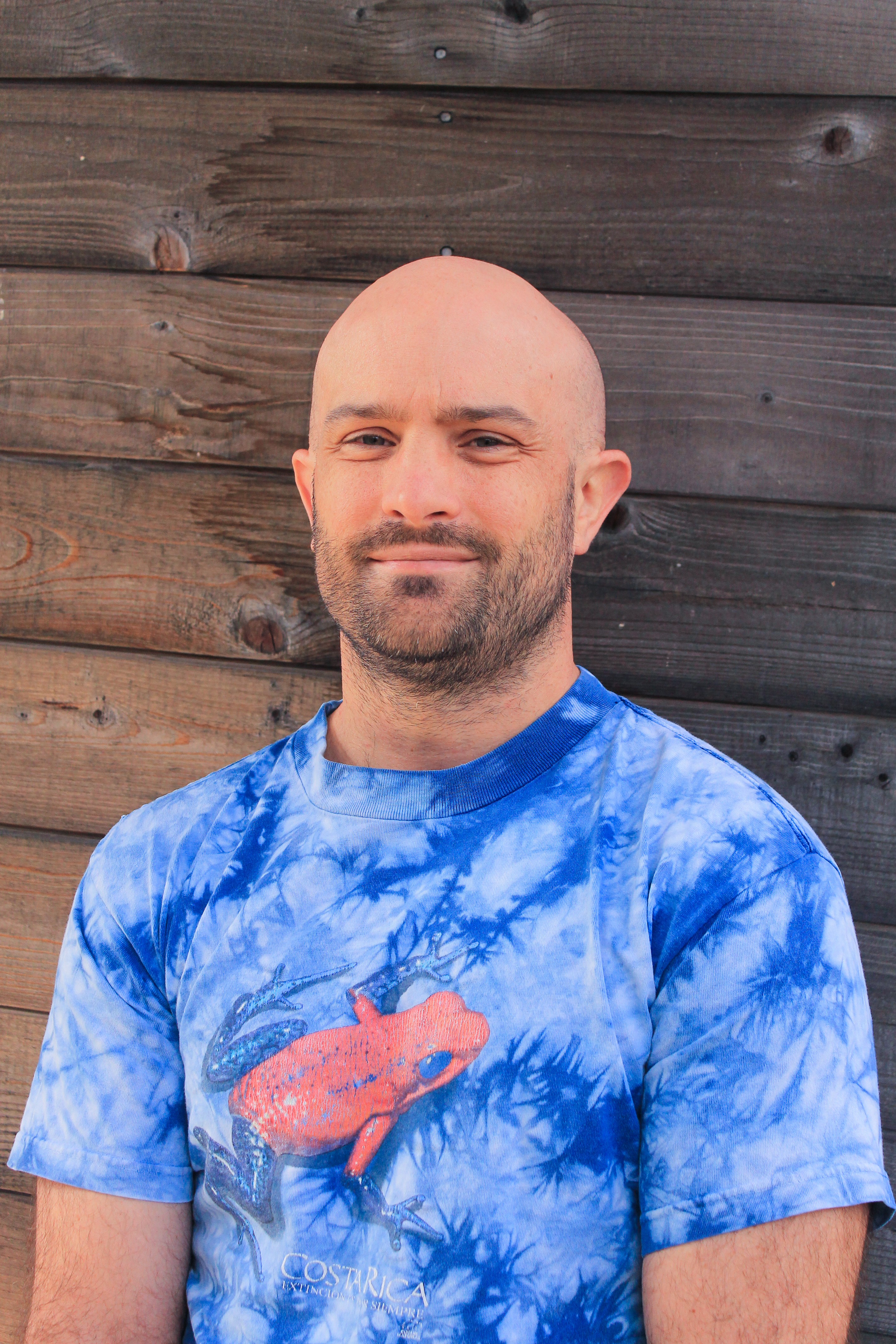ABR is delighted to announce that Tracey Slaughter – from Aotearoa New Zealand – is the winner of the 2024 Calibre Essay Prize. Slaughter becomes the first overseas writer to claim the Calibre Prize. Judges Amy Baillieu, Shannon Burns, and Beejay Silcox chose ‘why your hair is long & your stories short’, published in the May issue of ABR, from a field of 567 entries from twenty-eight countries. Copies of the May issue can be purchased here.
This year’s runner-up is ‘Hold Your Nerve’, by Melbourne writer Natasha Sholl, and third prize goes to Canberra-based journalist Nicole Hasham for ‘Bloodstone’. These essays will be published in ABR in 2024. Tracey Slaughter receives $5,000, Natasha Sholl receives $3,000, and Nicole Hasham receives $2,000. Founded in 2007, the Calibre Prize is one of the world’s leading prizes for a new non-fiction essay.
Status: Closed for entries, winner announced
Prize money: $10,000
Dates: 23 October 2023 – 22 January 2024, 11:59 pm
Judges: Amy Baillieu, Shannon Burns, and Beejay Silcox
The judges said this of the overall field in 2024:
We were delighted to encounter works that took unusual approaches to the form ... Among them were essays exploring the ethics of AI and the repercussions of war, reflections on loss, climate change, and family, musings on lesser-known aspects of history and thoughtful approaches to political and personal subjects.
The judges said this about Slaughter’s winning essay:
In Tracey Slaughter’s “why your hair is long & your stories short”, a beauty salon becomes a refracting point for the dark complexities of womanhood ... Written in snips and snippets – the literary equivalent of a haircut – this piece is as sharp as good scissors, as evocative as it is incisive.’
The shortlist for the 2024 Calibre Prize was as follows (in alphabetical order by author surname):
Stuart Cooke (QLD) | Sounds of the Tip, or: learning to listen to the Oxley Creek Common
Else Fitzgerald (NSW) | The Things We Don’t Say Live in My Body
Chris Fleming (NSW) | Everything, Then Nothing, Just Like That
Nicole Hasham (ACT) | Bloodstone
Jeni Hunter (QLD) | Views from the Floodplain
Sang-Hwa Lee (UK) | Looking Away
Natasha Roberts (NSW) | Guide to losing your house in a bushfire
Natasha Sholl (Vic) | Hold Your Nerve
Tracey Slaughter (NZ) | why your hair is long & your stories short
David Sornig (Vic) | Os Sacrum
Carrie Tiffany (Vic) | Seven snakes
More information about the shortlisted authors can be found below.
The 2024 Calibre Prize shortlist
‘Sounds of the Tip, or: learning to listen to the Oxley Creek Common’ by Stuart Cooke
Stuart Cooke is a poet, essayist, and translator, and Associate Professor of Creative Writing and Literary Studies at Griffith University. His latest book is the poetry collection The grass is greener over your grave (Puncher & Wattmann, 2023).Stuart’s current projects include a non-fiction work about the late pop icon Michael Jackson, and a collection of essays about biology, ecology, and poetry. He lives in Brisbane, on Turrbal and Yuggera Country.
‘The Things We Don’t Say Live in My Body’ by Else Fitzgerald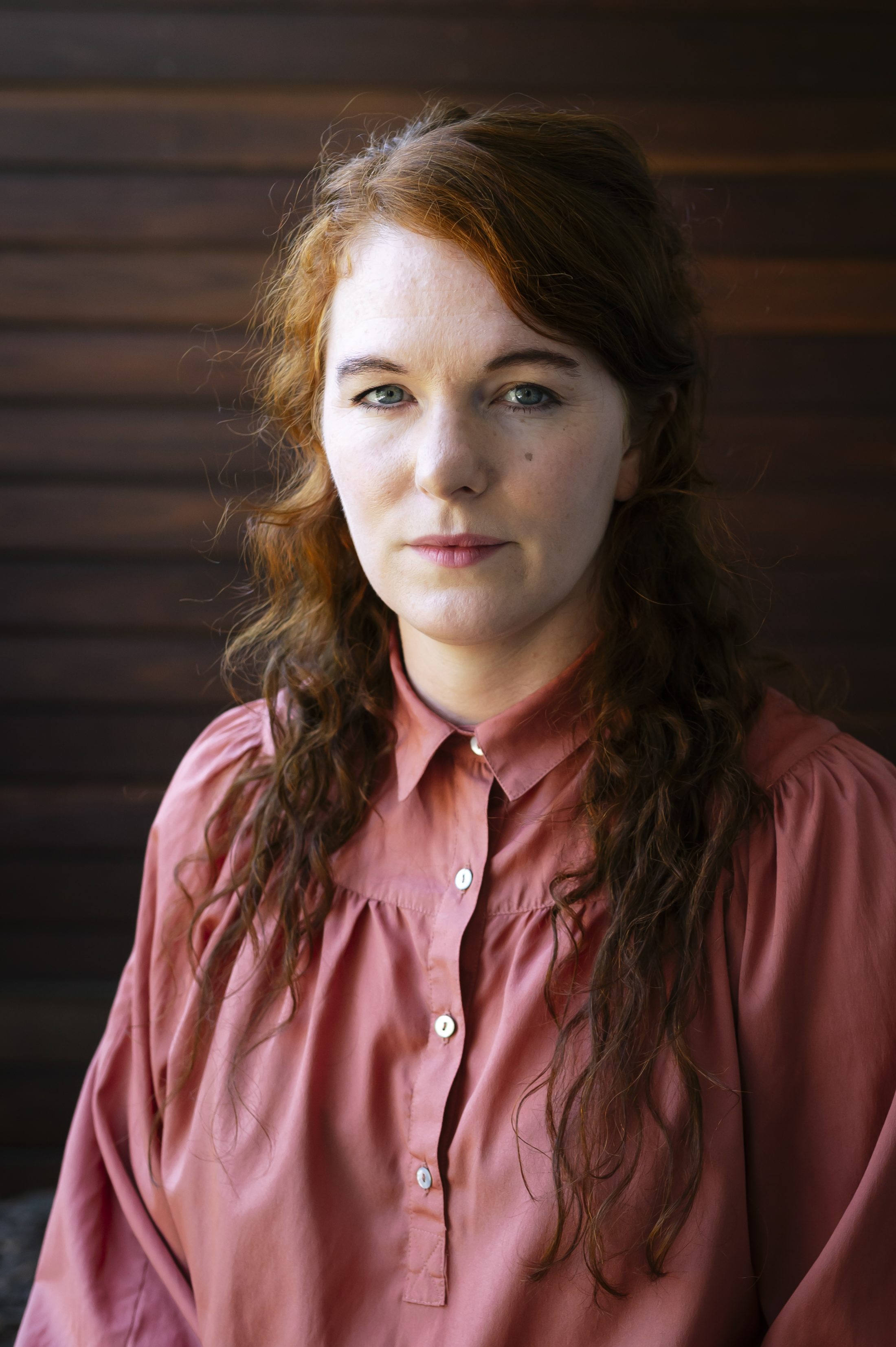
Else Fitzgerald’s writing has appeared in publications including Australian Book Review, Meanjin, The Suburban Review, The Guardian, and Award Winning Australian Writing. Her collection of short speculative fiction, Everything Feels Like the End of the World, won the 2019 Richell Prize for Emerging Writers and was published by Allen & Unwin in 2022. Everything Feels Like the End of the World was shortlisted for the 2022 Aurealis Awards and the 2023 University of Southern Queensland Steele Rudd Award.
‘Everything, Then Nothing, Just Like That’ by Chris Fleming
Chris Fleming is an Australian writer and translator whose work has appeared in both the scholarly and popular media. He is the author or editor of ten books, including the acclaimed memoir On Drugs (Giramondo, 2019). As well as theoretical work and translations, his fiction, essays, poetry, and graphic work have appeared in places such as The LA Review of Books, Island, The Chronicle of Higher Education, Literary Hub, and Westerly. He is Associate Professor in Humanities and a Member of the Writing and Society Research Centre at Western Sydney University.
‘Bloodstone’ by Nicole Hasham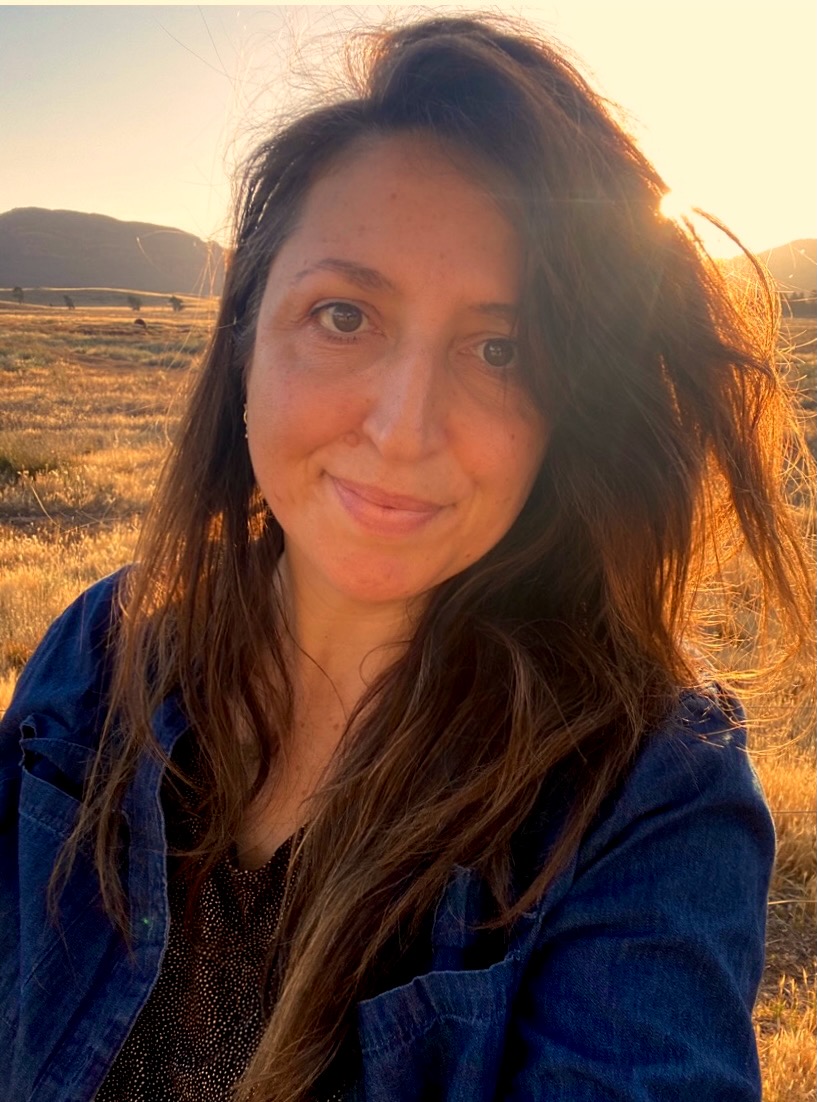
Nicole Hasham is a writer, journalist, and editor based in Canberra (Ngunnawal and Ngambri country). Her work has appeared in Griffith Review, The Monthly, The Guardian, the Sydney Morning Herald, and The Age, as well as the 2021 Best Australian Science Writing anthology. In 2010, she won a Walkley Award for journalism. Nicole was shortlisted for the UNSW Press Bragg Prize for Science Writing in 2021 and was awarded the Mick Dark Fellowship for Environmental Writing at Varuna, the national writer’s house, in 2023. Her first book, a work of narrative non-fiction, will be published by Black Inc. in 2025.
‘Views from the Floodplain’ by Jeni Hunter
Jeni Hunter was born on Whadjuk Nyoongar country (Perth) and is currently living in Meanjin (Brisbane). She is an early career writer who is completing a Bachelor of Arts with Majors in Writing and English Literature. As a dedicated reader, with an appreciation for evidence, nuance, and empathy, Jeni enjoys the immersive writing experience, and exploring the fragile balance between comfort and the unknown.
‘Looking Away’ by Sang-Hwa Lee
Sang-Hwa Lee is an educator and policy researcher specialising in geopolitics. She moved with her family from South Korea to the United Kingdom at the age of five, and is currently based in London. In her spare time, she enjoys writing essays and creative non-fiction on a wide variety of topics, including culture, history, philosophy, and politics. Raised by a Baptist pastor, she has since lost her faith but continues to indulge in her love of choral evensong.
‘Guide to losing your house in a bushfire’ by Natasha Roberts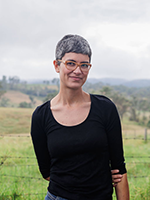
Natasha Roberts has been writing professionally in the field of data protection and information law for many years, in both government and the private sector. In her spare time, she writes stories and is working on a novel with the support of her wonderful writing group. She lives with her partner and children in the Bega Valley/Yuin Country, in New South Wales.
‘Hold Your Nerve’ by Natasha Sholl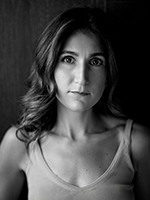
Natasha Sholl is a writer and lapsed lawyer based in Melbourne. Her work has appeared in The Guardian, The Age, The Sydney Morning Herald, Good Weekend, SBS Voices, Kill Your Darlings, and Mamamia . In 2020, she completed the KYD Mentors Program. She was shortlisted for a Varuna Fellowship in 2020 and attended a supported residency in 2022. Her first book, Found, Wanting, was published by Ultimo Press in 2022.
‘why your hair is long & your stories short’ by Tracey Slaughter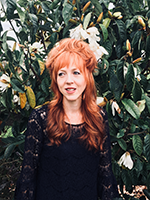 Photo by Joel Hinton
Photo by Joel Hinton
Tracey Slaughter is a poet, fiction writer, and essayist from Aotearoa New Zealand. Her work has received numerous awards including the Manchester Poetry Prize 2023, the Fish Short Story Prize 2020, and the Bridport Prize 2014. In 2018 her poem ‘breather’ came runner-up in ABR’s Peter Porter Poetry Prize. She teaches at the University of Waikato, where she edits the journals Mayhem and Poetry Aotearoa. Her recent books are Devil’s Trumpet (2021) and Conventional Weapons (2019), from Te Herenga Waka Press, and her latest collection the girls in the red house are singing comes out in August 2024.
‘Os Sacrum’ by David Sornig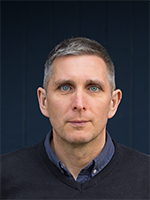
David Sornig is the author of two books, the novel Spiel (UWAP, 2009) and Blue Lake (Scribe, 2018), a psychogeographic history of the long-forgotten swamplands and shanty town of West Melbourne, which won a Judges’ Special Prize in the 2019 Victorian Community History Awards. David has twice been a finalist in the Melbourne Prize for Literature Writer’s Prize for the essays ‘Jubilee’ (2015), about the Bendigo-born Afro-Caribbean singer Elsie Williams, and ‘Thirteen Men at the Sack of Troy’ (2021), about the industrial conquest of Melbourne’s west.
‘Seven snakes’ by Carrie Tiffany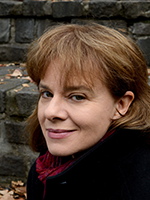
Carrie Tiffany was born in West Yorkshire and grew up in Western Australia. She spent her early twenties working as a park ranger in Central Australia and now lives and works in Naarm/Melbourne. Her novels, Everyman’s Rules for Scientific Living, Mateship with Birds and Exploded View, have been published internationally and are widely acclaimed. She is the editor of the Victorian Landcare Magazine and teaches Creative Writing at the Faber Academy and La Trobe University.
Past winners
Click the link for more information about past winners and to read their essays.
FAQs and Terms and Conditions
Please read our Frequently Asked Questions before contacting us with queries about the Calibre Prize.
Before entering the Calibre Essay Prize, all entrants must read the Terms and Conditions.
Please sign up to our free ‘Prizes and Programs’ newsletter for more information about the 2024 Calibre Essay Prize.
ABR thanks founding Patrons Mary-Ruth Sindrey and Peter McLennan for their continuing support for the Calibre Essay Prize.



